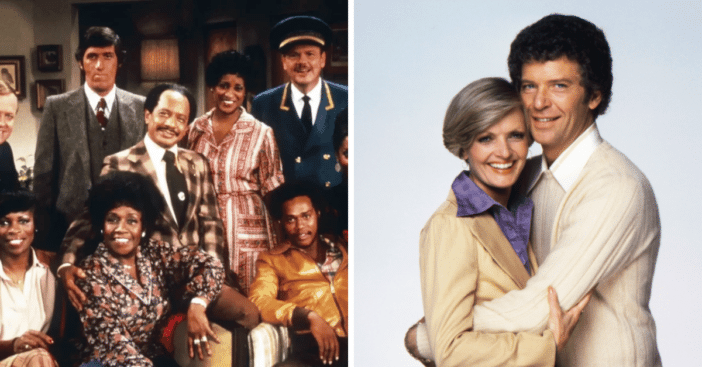
The ‘70s were a transformative decade for sitcoms, featuring the calm before socio-cultural shifts and the advancement of Hollywood. It was the decade of timeless classics, which have a cult following today and a relevance cutting across generations.
Movies today aim to relate with the viewer on a realistic level and touch on as many experiences as possible. They also maintain the humor but with inclusion, life lessons, and sensitivity to viewers’ realities. Here are some of the flaws from even the best of ‘70s sitcoms;
Sexism
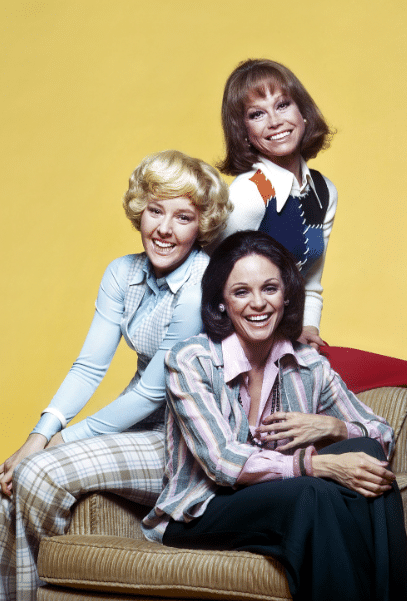
Unlike today, women in ‘70s sitcoms reflected traditional gender roles such as child rearing, cooking, and homemaking, with not much of their careers or endeavors outside the home highlighted. The jokes were often sexist but considered mere humor, as viewers were less sensitive in those days.
Unrealistic family life
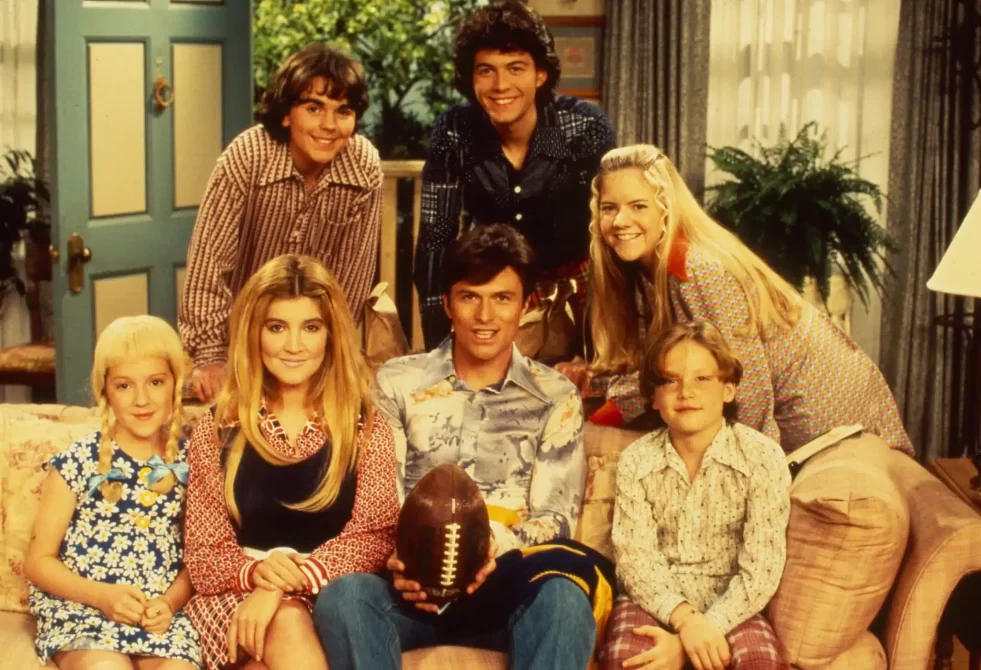
The ‘70s series were idealist when it came to the family portrayal, and a popular example was The Brady Bunch, as they hardly faced any real-life struggles. For example, when Greg wanted to quit school for baseball, he accepted his parent’s objection with little to no rebellion, which is unusual for young people or anyone with a passion at all. And just like Maureen McCormick’s movies and TV shows, other cast members from popular ‘70s sitcoms left a lasting legacy on television culture…
No representation
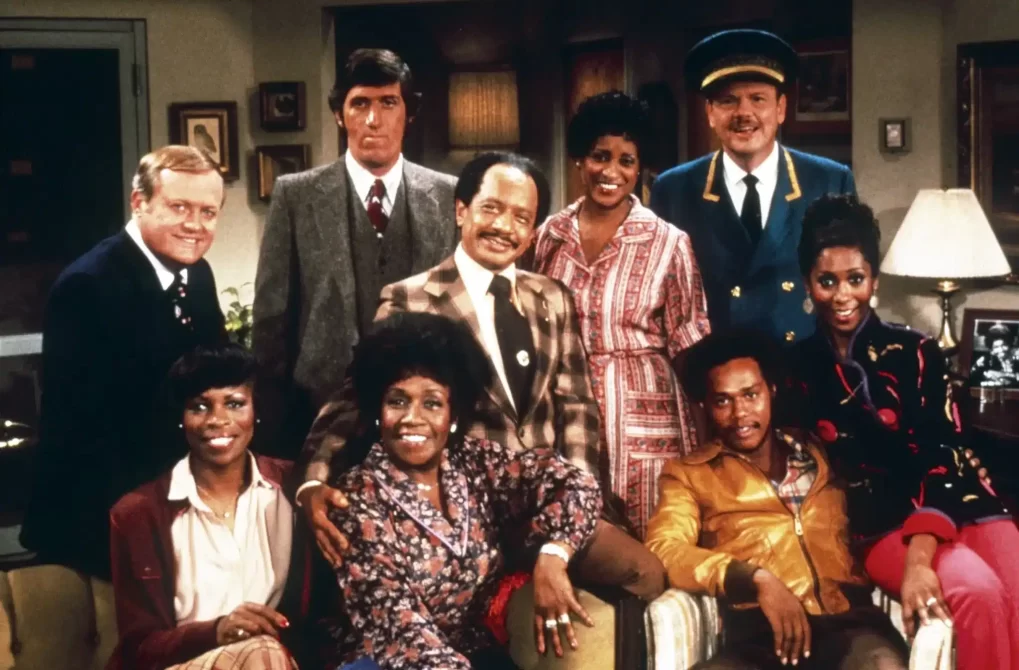
Minority groups and people of color were on the back burner or simply cast as unserious characters for comic relief. Even The Jeffersons’ attempt to normalize major casting for black people failed to fight some stereotypes.
Lack of character development
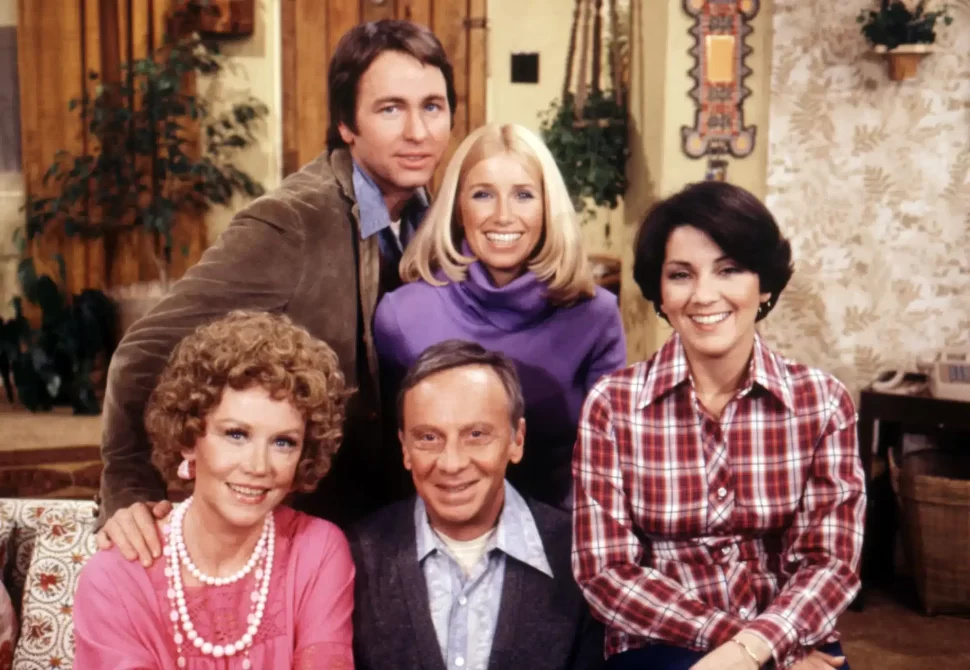
Some major characters were the same from start to finish, with no significant arc that marked development or change in character. Jack, Janet, and Chrissy of Three’s Company are classic examples of this, as the ladies keep assuming Jack is getting romantic with a woman he clarified was a platonic friend.
Unrealistic romance
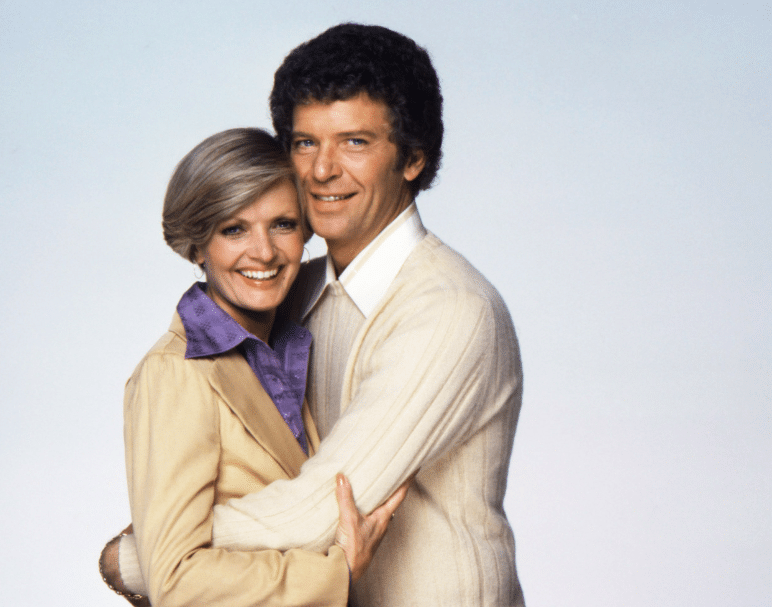
Realistic human relationships are better depicted in today’s series, but the ones from the ‘70s felt unnatural and almost too theatrical. Mike and Carol in The Brady Bunch have a strangely perfect marriage with no hard conversations or arguments, which many couples cannot relate to. While The Brady Bunch showed an idealistic family life, the cast of Laverne and Shirley TV show depicted a more grounded and humorous take on working-class dynamics.
Laugh tracks
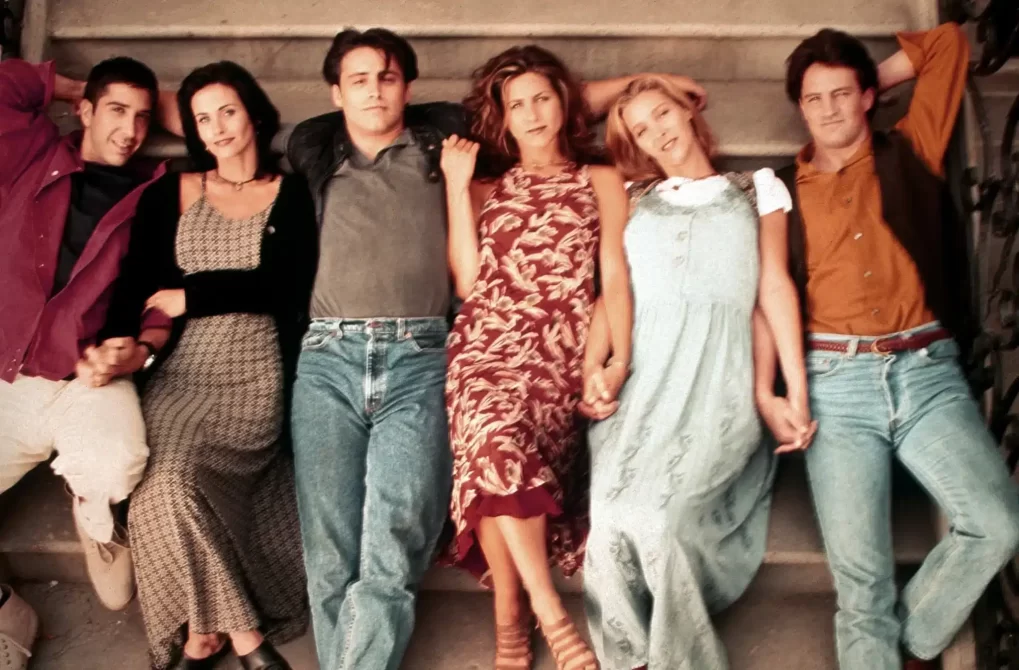
The laugh tracks became overboard, with chuckles coming after every punchline, funny or not. These days, show creators leave it to the audience to figure out if a joke dropped or not, making the sitcoms more engaging.
